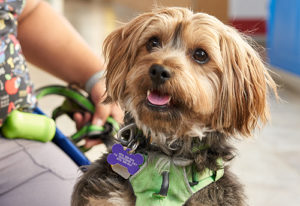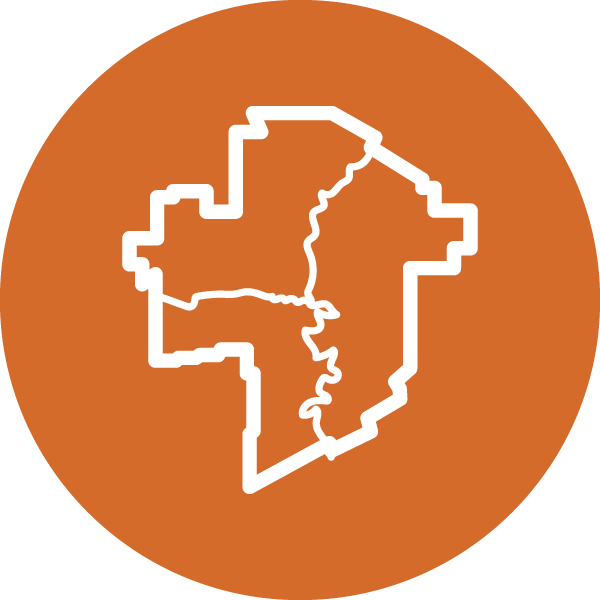Innovative programs one of the ways Winnipeg Humane Society is reinventing itself to serve community.

When you have a hard time reading, practicing aloud can be intimidating – unless your reading buddy is a fuzzy, four-legged friend.
The Winnipeg Humane Society’s (WHS) See Spot Read program pairs therapy dogs with kids who have difficulties reading, which allows young people to build confidence while in a safe, non-judgmental space.
“It’s one-on-one,” says Kat Ross, Director of Volunteer Services, Education and Outreach for WHS. “Some of the students end up developing such a great bond with their dog.”
In partnership with St. John Ambulance, See Spot Read runs during the fall, winter and spring. Each session takes six students through a 10-week program. Each hour-long class involves reading to the dogs and learning about animal welfare.
“It gives children the opportunity to truly understand…how to interact with an animal,” Ross says. “It also gives them the opportunity to see the care and compassion they can provide and also receive from an animal.”
Programs like See Spot Read go beyond what you might traditionally associate with WHS. But they’re par for the course for a charity that has adapted to community needs and societal expectations during its 125-year history.
Making sustainable choices – such as only serving humanely sourced meats or vegetarian options during events – is another way WHS is adjusting, says Javier Schwersensky, WHS’s CEO.
“There’s a connection between animal welfare, climate change and our diets,” Schwersensky says. “Reducing the consumption of processed meats and reducing the size of farms will have a positive impact on climate change and will improve the welfare of our animals.”
First established in 1894 as the Society for the Prevention of Cruelty to Women, Children and Animals, today WHS focuses most of its programming on animal services while still addressing the well-being of humans, through interaction with animals.
Aside from adoptions, it has a busy veterinary and spay and neuter clinic, runs a gift shop, engages in advocacy work, offers school programming, kids camps, and animal training, and even hosts birthday parties.
Approximately 9,200 animals come through the WHS’s doors each year. While some are able to be put up for adoption quickly, others – like those surrendered or seized for humane reasons or welfare issues – require much more care; this is roughly 6,500 animals annually.
The average length of stay for an animal requiring additional care is 20 days, Schwersensky says. For each 20-day stay, it costs the charity an average of $772.32 per animal.
“You multiply that times 6,500 and you have millions of dollars going into caring for those animals,” Schwersensky says.
The care is only possible thanks to the generosity of WHS’s volunteers and donors.
“It’s humbling when you have more than 750 individuals choosing to give their time and their talents for free,” Schwersensky says.
To ensure it is able to continue to offer new and innovative programming, WHS recently moved a portion of its endowment fund to The Winnipeg Foundation. While it had been operating its endowment on its own, pooling resources with The Winnipeg Foundation means consistent returns and additional supports – and ultimately more funding for animals and programming.
“If a recession hits and our donors are not able to be as generous as they are, we will still have a place to go,” Schwersensky says. “Animals don’t understand or know if there’s a recession and our Agency Fund provides a stable source of funding to keep the shelter running.”
For more information about the Winnipeg Humane Society’s programs and services, and its 125th anniversary celebrations, head to WinnipegHumaneSociety.ca.
Recipient: Winnipeg Humane Society
Program: A variety of programs and campaigns, including See Spot Read
Grant: Multiple, including Community Grants; capital campaign support; annual payments from donors; and Youth in Philanthropy grants
This story is featured in the Summer 2019 issue of our Working Together magazine. Download or view the full issue on our Publications page.



 Environment & Animal Welfare
Environment & Animal Welfare